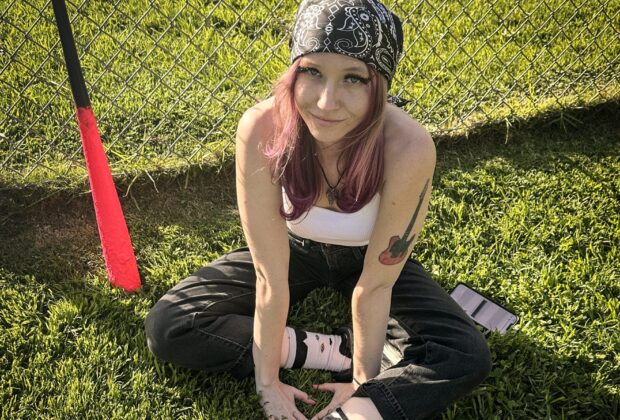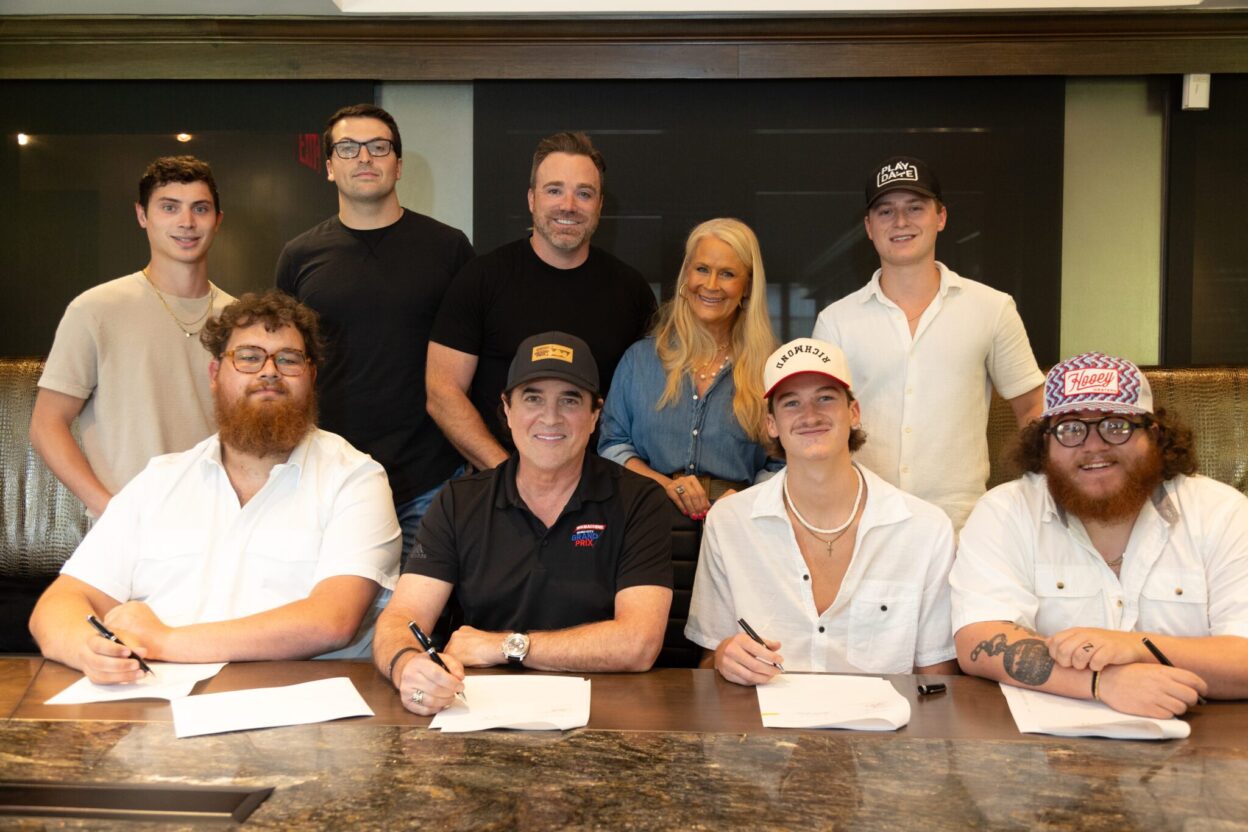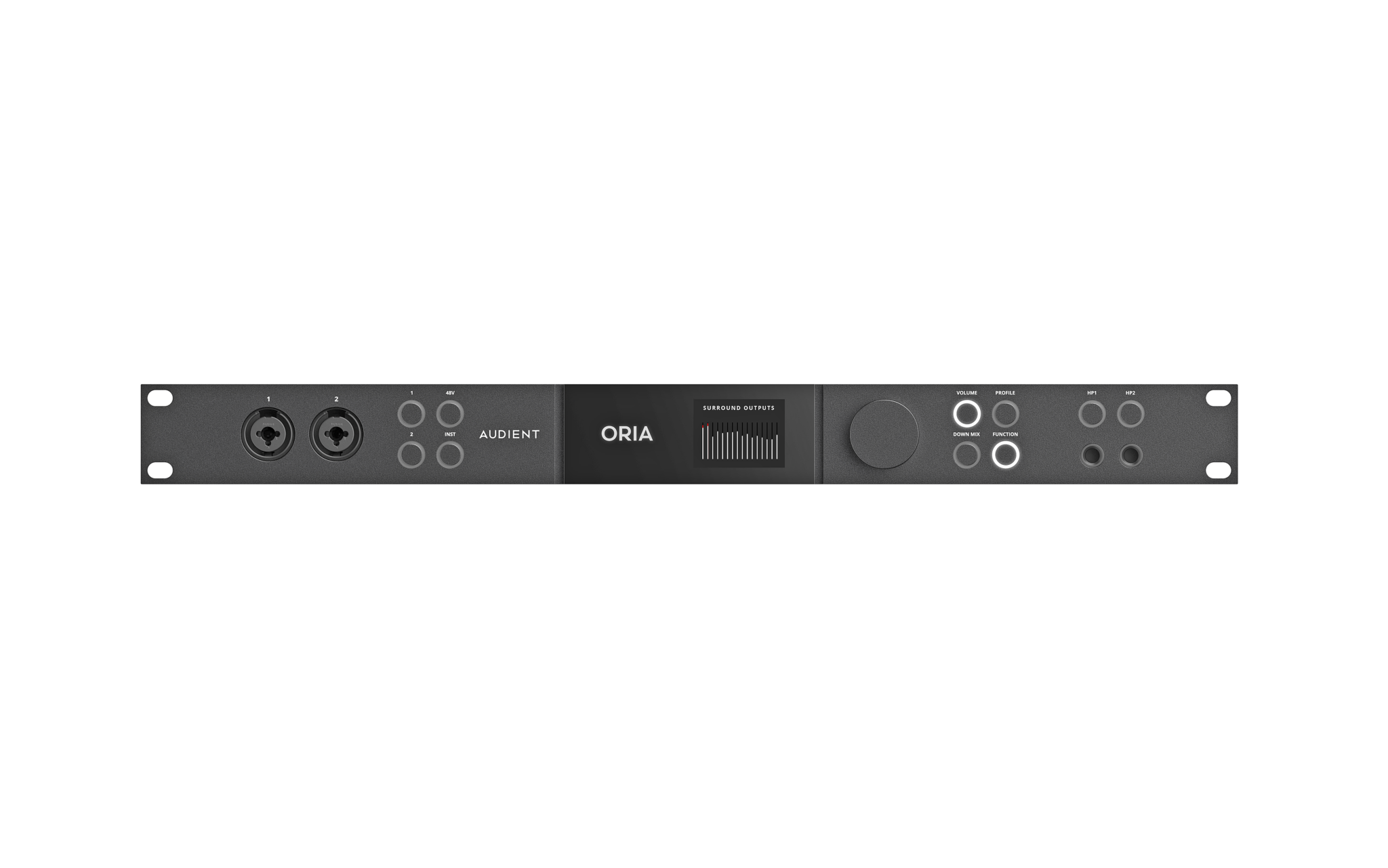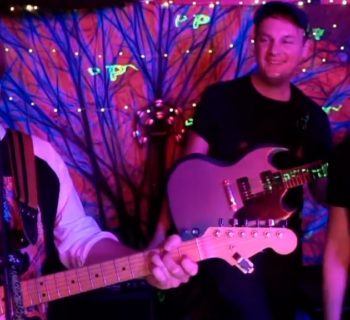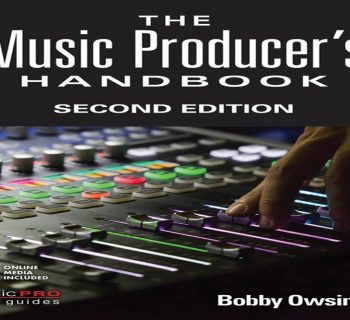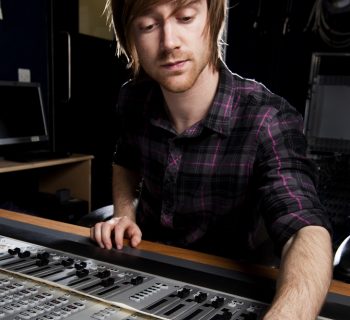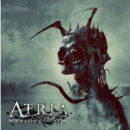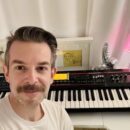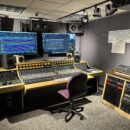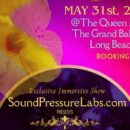FOR THE ARTISTS
Dani Judith, Rainbow City Park
“We definitely aren’t making our music at home in our bedrooms (for the most part), but every other process is done by the hands of the members of the band. Publishing, distribution, marketing, you name it. All of the things you’d never think from an outside perspective would be involved in keeping a band alive.”
Britta Raci (main picture)
“DIY, in the musical sense, to me, means you are an artist who has no huge label, or any label helping you out,” she says. “You pay for everything, you send the emails, you find the gigs, you write the songs—you do it yourself. Not to say, you can’t have a little help from your friends along the way.”
Fiona Grey
“I understand how to write a press release so that when I bring a publicist in I know what to look for and what questions to ask. You hit a point where you’ve booked a tour (or many) for yourself but when you get a booking agent you understand their language.”
FIIZ
“We turned our closet into a recording studio for Nightcap, we made homemade production demos for every one of our tracks before we even started looking for a producer. But in a way it’s the whole mindset of an independent artist. You take an idea, and you just mess around with it until you have something concrete and then you just keep working until it’s done.”
Eliza Neals
“Know every part of the music biz. You are your own lawyer, contract reader, makeup artist, fashion coordinator, songwriter, producer, arranger, keyboardist, publisher, record label, PR agent, bandleader, merch agent, plus more.”
Dolly Dagger
“Just like any business, it takes a lot of wheels turning together and even though I wear a lot of hats, the more we grow the less DIY it becomes and I’m so grateful for the people in our corner and do-it-together seems more fitting now.”
Sizzy Rocket
“Being able to make your own music and videos and release your art in the world on your own is so powerful.”
Susan Hyatt, Pillbox
“Songwriting is about expressing your emotions and when you write a song you are being emotionally intimate with your audience.”
Girli
“I always take like three weeks off social media over the holidays. It’s important to me to reset and manifest for next year.”
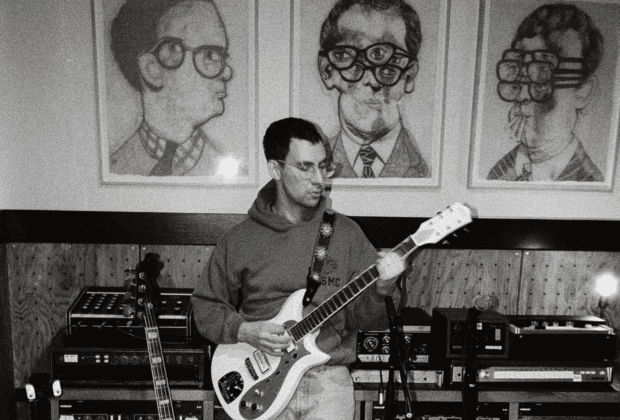
Jack Antonoff
“It’s different for everyone, but in my experience, I need a small team that’s ready to go to the moon with me; people that are on my level. Most of the records I make [now] are either me, my band or me and another artist.”
Greg Gonzalez, Cigarettes After Sex
“You want [your] music to be felt. It’s more about feeling than thinking. Keep that in mind when you write. Don’t try to copy something that’s selling. Never make a decision based on money. It can destroy the spirit of what music should be.”
Chris Barnes, Six Feet Under
“I’ve always tried to throw everything away and just concentrate on the music. It’s not a natural evolution. It’s purposefully a technique that I tried to implement. The vocals on Butchered at Birth are different than The Bleeding. I got deeper for True Carnage [SFU’s fourth album]. Those songs are vocally deeper than anything I did on Cannibal Corpse.”
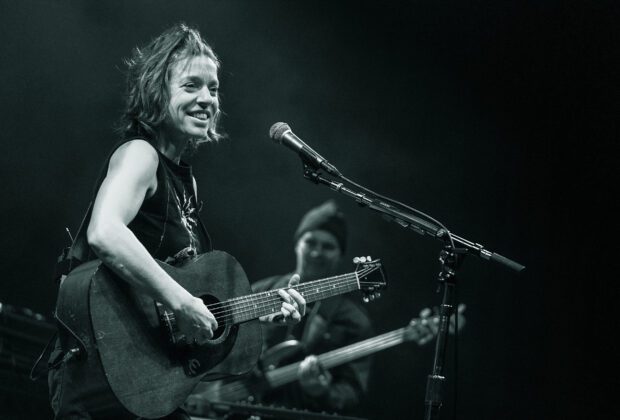
Ani DiFranco
“Album sequence is an unexpectedly complicated thing for me. For that matter, even a show set list is like a daily version of that. It’s like it is somehow more important than it should be, the order that things come in life. Timing is everything, and flow is important. I always start out with an idea of song order for an album, and it always changes. I have to start thinking about it early on and give myself enough time to notice my fatal flaws in thinking.”
French Montana
“Believe in yourself. And don’t put your career in other people’s hands. You wanna be mad at yourself for making the wrong decision, or happy with yourself for making the right ones. Always look out for yourself to help yourself. And that’s what it is. Your best teacher is going to be experience. And have faith, and one thing that’s better than anything, that I can ever tell you is, pray. Pray and hustle.”
Sammy Hagar
“I stay in shape. I go down to my basement and crank up my Les Paul and a little Marshall and I scream my ass off a couple times a week. (laughs) I recommend that to everybody. Just don’t take too much time off.”
Ginny Luke
“I’ve seen how the business goes and how quickly it can change. And if it does, you just have to keep things going in alignment with your dream.”
Jett Holden
“I write the music I wish I heard when I was growing up. If someone hears my music and it makes them feel safe and less alone, it’s done its job, and I’ve done my job.”
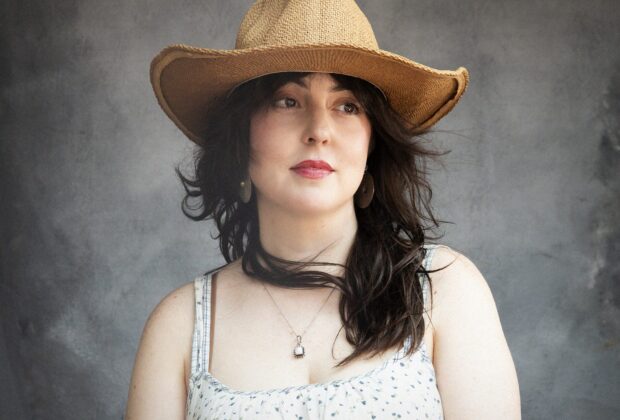
Emily Frembgen
“When the pandemic happened and I wasn’t running around and dating crappy guys I really had to dig deeper for material and get more honest than I have been in the past.”
Elour
“I think women often try to keep their emotions in check because it’s so easy to be called crazy or hysterical or to be seen as ‘too much’ or too intense or aggressive, while males seem to get away with much more, without being labeled or ostracized. So I like to lean into those labels and challenge those stereotypes by showing that there is strength in showing emotions, even if they’re emotions that are discouraged for women, such as lust, rage, or anger.”
Royale Lynn
“I’ve always wanted to create something that's 100 percent me and hope that someone out there relates.”
Rena Lovelis, Hey Violet
“We have a lot of freedom in designing album covers, video treatments and how we wanna create our songs. It feels really, really good to put the reins on what we’re doing and steer it with a family behind us that really supports us.”
Tahjer
“I just feel like if I put in my work and make sure my team's on the right page, nothing much can go wrong.”
Chaney, House Parties
“I felt being on a label would get us more traction. Also, people can follow a label and it’s another way to discover and gain new fans and stuff. It’s also really hard to get opportunities when you’re independent. If you have a specific vision of something you want to do a label can help create those opportunities and get things done.”
Cassidy Paris
“People weren’t very kind to me in high school and I wrote about it and channeled it into my music, and I think ultimately I’m glad that I did experience that because I feel like I’m a stronger person and I got a really good song out of it as well.”
Mike Schleibaum, Darkest Hour
“Practice. Do things slowly. Like, if you're gonna practice a set, practice the song slower than you normally plan to get everybody's group muscle memory together. Practice at home, the stuff that's really hard, slower. And if there's nothing that's hard, either you don't know how to practice, you're not listening, or you guys are not trying hard enough. You have to be as hungry to learn about practice as you are learning about success.”
DeeAnn DiMeo
“Write song introductions, band introductions, and between song banter, and rehearse it. You are performing the whole time you are onstage. It’s not limited to the time the songs are being sung.”
Billie Joe Armstrong, Green Day
“I think our intentions are always to make timeless music.”
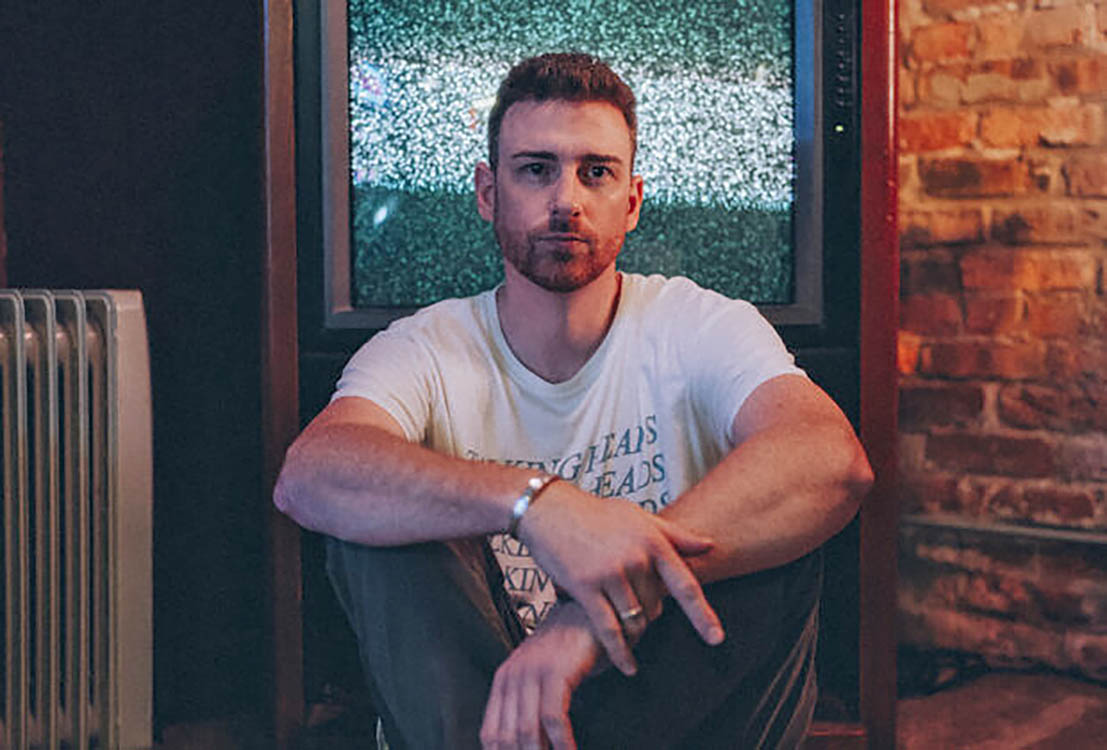
CHNNLL
“When you’re starting to write your own songs don’t be afraid to cover your favorite songs. When you do this, you should also analyze the lyrics, melody and chord structures. Covering songs you aren’t that familiar with is also a great exercise. Because you don’t know them as well as the songs you cover by your heroes, there is more room for interpretation.”
FOR THE COLLABORATORS
Donnie Wahlberg, New Kids on the Block
“We learned how to own who we were and what we are and to be honest and true to ourselves as artists—while servicing our fans [too]. We want to give them our very best, for all they give us and all the time and hard-earned money they spend on us. It’s important to give them as much of ourselves as possible—while being mature enough to realize that we aren’t entitled, but honored and humbled. I think we’ve done a good job of that.”
Gretchen Parlato
“We [Parlato and Lionel Loueke] chanted together on tour and that was really special to do before shows. In a technical sense, think of it as a warm up. You’re vocally connecting, but there’s an emotional and spiritual aspect. I wake up very early, diet keeps me well—and exercising daily. I’ve started reading some sacred text every morning and taking notes. That process helps my brain to take it in. It’s that balance of creative time, independent time to be healthy, and balancing family giving and connecting.”
Ammify
“We are the definition of our sum being greater than our parts.”
Matt Maginn, Cursive
“We’ve been a DIY band our whole lives, and (Run for Cover) understands that and is cool with whatever we deliver to them. That label is doing it right.”
Tierinii Jackson, Southern Avenue
“We were such a new band when we started writing together. But the more our family has grown and the relationships have evolved, the stronger our collaboration is.”
Mom Rock
“We’ve always been a fan of audience participation, so we wanted our fans to become a part of our brand, too. When we were in our “baseball era,” we wanted to give fans the opportunity to feel like they were a part of our “team,” so we sold the jerseys as merch with the opportunity to customize the name and number that appeared on the back. After performances at festivals, we would walk around and hand out baseball cards that doubled as business cards (wallet sized for easy storage!) It’s always so amazing to see showgoers wearing jerseys in the crowds and find some common ground with not only us, but also each other.”
FOR THE PRODUCERS
Jesse Lauter
“Sometimes I’ll do a project and won’t get any feedback. Then 10 years later someone will tell me that they loved it. All of the stress and intensity that you put into an album or film then becomes worth it. If it had that effect on one person, it’s a great feeling."
Lynne Earls
“Sharing food and getting a chance to relax with the people you work with after sessions is part of it. It’s my favorite way to make records.”

Bonzie
“I like how Pro Tools gives you so much control. Everything’s transparent; there’s not much that’s hidden. I use it more as a tool for capturing something. I don’t compose in it. Production for me is capturing and executing ideas that I already have.”
Chris Dugan
“I try hard to get bands to demo their stuff first, even if it’s done on a rough boom box in a rehearsal space. That’s an immediate telltale sign about a song in general and it tips me off to what it needs.
Matt Ross-Spang
“Sometimes a song works on its own but less so when packaged as a whole record. When you’ve got 11 songs, does one fit with the other ten or does it say something that another song already says better? I often look to the artist because if they’re not fully singing it or they don’t seem excited, that’s my first tell."
The Ivy
“If you use a certain amount of reverb on one instrument, then make sure that it blends into the mix so that it all sounds like it’s in the same room.”
Mark Everton Gray
“I’m a big fan of using faders both large and small. I love the Neve 8058, but also the API Legacy, as well as the SSL XL 9000 K and others. Whatever I can use to push it, get some real grit and up into the second and third harmonics, that’s my favorite piece of gear.”
Dan Carey
“I don’t like to divide the control room and live room. I’ve got a machine space in the back with all of the noisy gear. The main room is circular with everything arranged around the edge. At one end there’s a desk and then it goes into a collection of guitar amps, piano, a whole wall of modular synths, etc. It’s inclusive and everyone feels like they’re in the same position. It’s a practical thing because often I’m playing and engineering.”
FOR THE MASSES
Marquita Waters
“Breathing: We forget to breathe in tense situations. An interview can bring tension, so be aware of any situation where you find yourself tightening your body and your voice. This can cause your speaking to start to lower and have that gritty sound you want to avoid.”
Jesse “JTJazz” Thompson
“Amidst the demanding landscape of artistic pursuits, safeguarding your mental and physical health is paramount. Research conducted pre-pandemic indicates that a staggering 73 percent of music creators grappled with symptoms of mental health challenges. Prioritize your well-being to safeguard your artistic journey. Mitigate stress and avert burnout by taking regular breaks, immersing yourself in nature, and embracing mindfulness practices like meditation.”
Kris Hawkins
“The big thing to remember when you sit down and write music for a library is that it needs to evoke a mood or a feeling, the same as if you were writing music for a film—the biggest difference being that you won’t have someone guiding you as to what they’re looking for. This can be both frustrating and liberating at the same time. When composing library music, I sit down with a mood in mind. It may be with the intention of writing some upbeat pop/rock tracks, or I may be feeling a little melancholy, so I write something moody.”
Mike Gowen
“You need to be pitching with proper lead time. Ideally you can also connect to a timely, newsworthy angle. By understanding who you are pitching yourself to, you’ll have a better understanding of when to get in front of them. For example, if you’re pitching the media because you have a new single or album, make sure you’re pitching them months in advance, as they need that lead time. A publicist or marketing agency cannot help you on a project unless you start working with them months ahead of the planned release.”
Emily White
“Everyone loves sales and special items! So keep that in mind for holidays and especially for your birthday. They’re your fans, so why not give them a reason to celebrate you? Fourthwall confirmed they see a massive sales spike when artists do this because unlike a holiday special, your birthday sale is unique to you.”
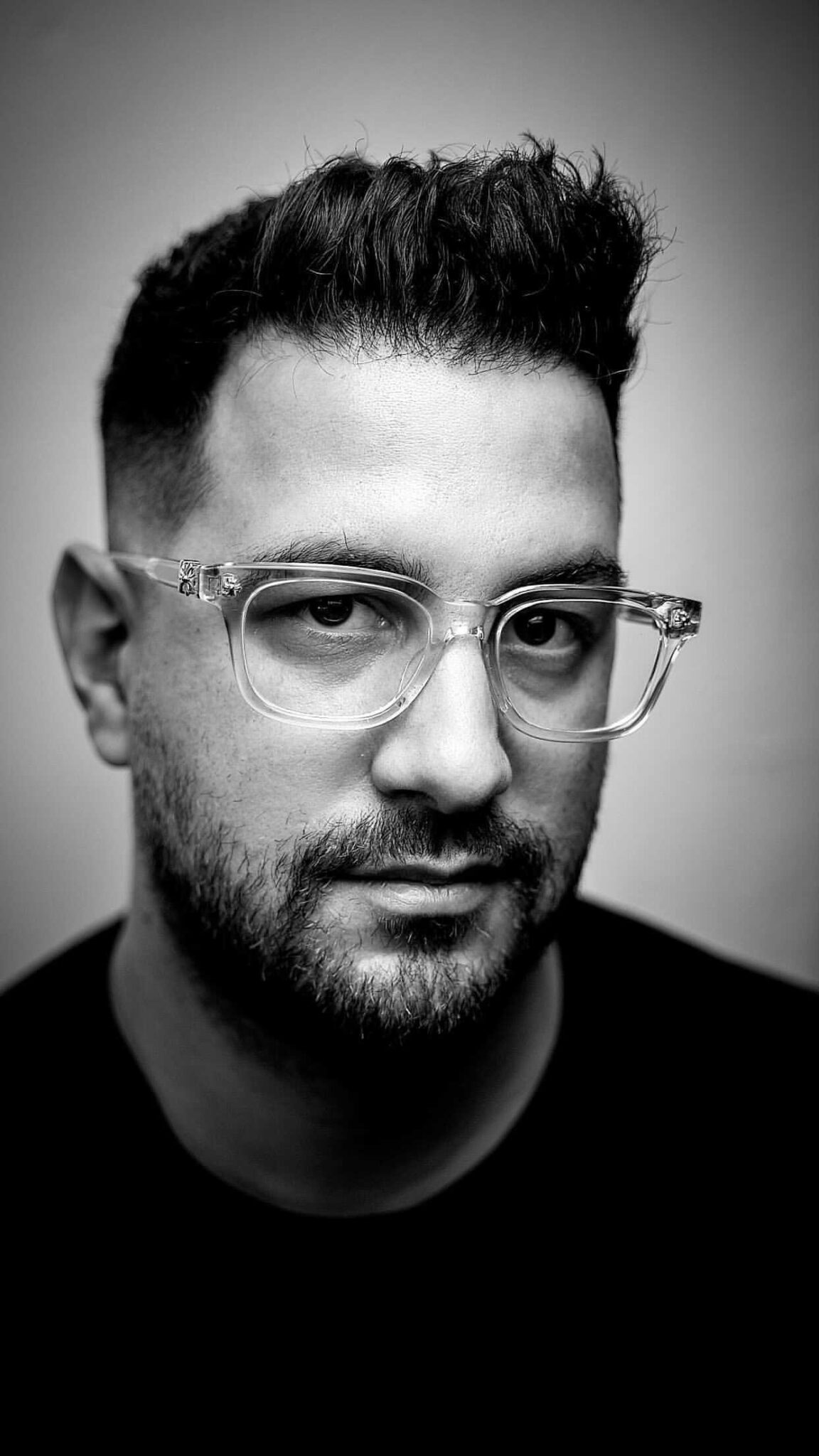
Anthony Pisano
“It is important for artists to be in [the Twitch] space, because entertainment is merging. It’s going to grow and be part of the landscape of where marketing and entertainment lie. When I started Game Over, there was no in-house gaming person within the labels. Now, every label has an in-house head of gaming.”
Jonathan Scott Friedman
“Part of the fun of being a composer is similar to being an actor in that you have to spend time immersing yourself in some kind of environment and new mindset. That’s fun. And I think it’s key to get involved in the creative trenches as early as possible.”
Bobby Borg
“Musicians of the future will take the lead in environmental activism. More and more artists will embrace the green music movement by adopting eco-friendly practices in their career. Artists just like you will use sustainable merchandise materials, opt for greener touring practices, and support eco-causes in their campaigns. You’ll even organize eco-conscious events, like beach cleanups or tree-planting initiatives, and invite fans to participate.”

